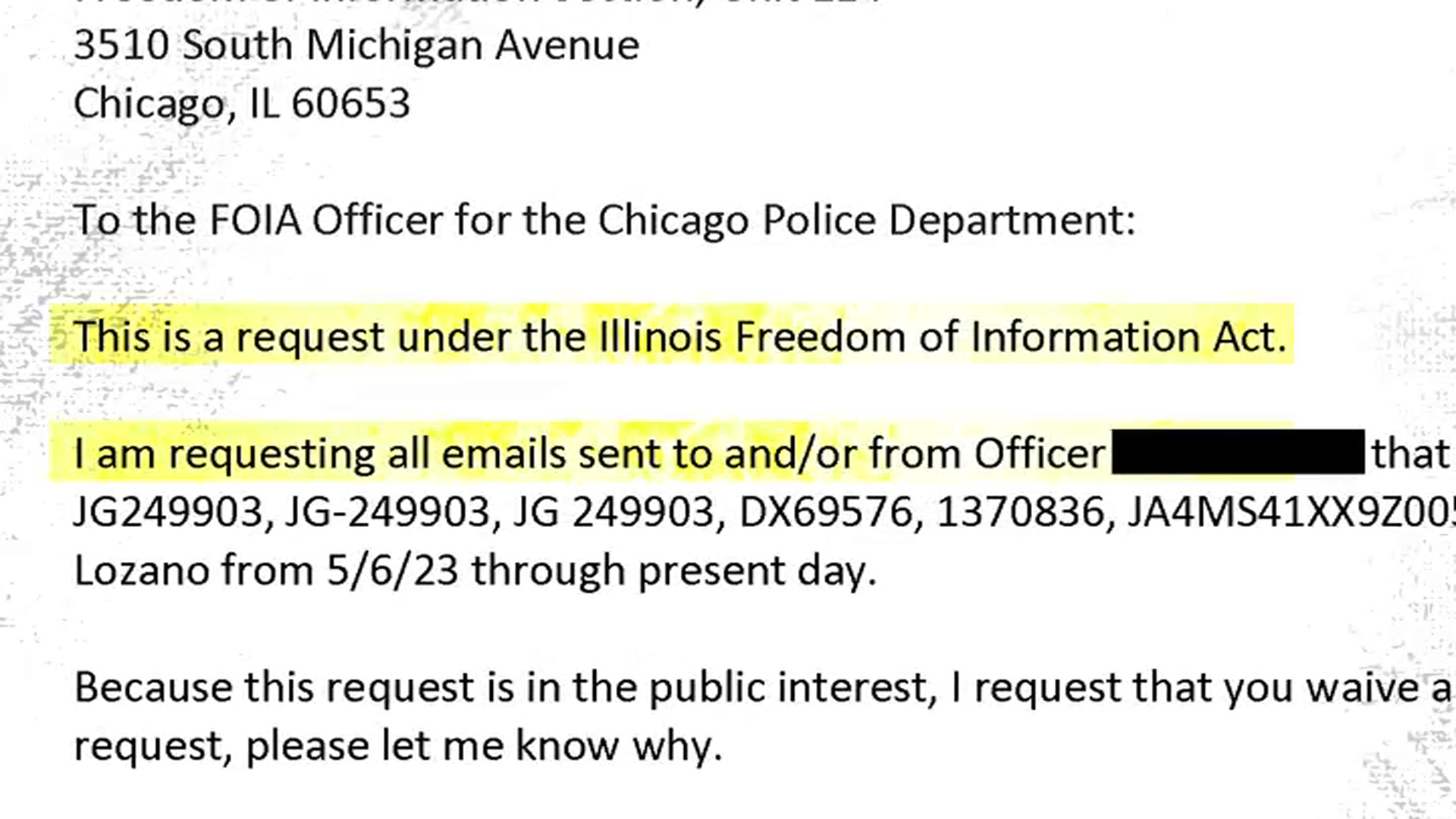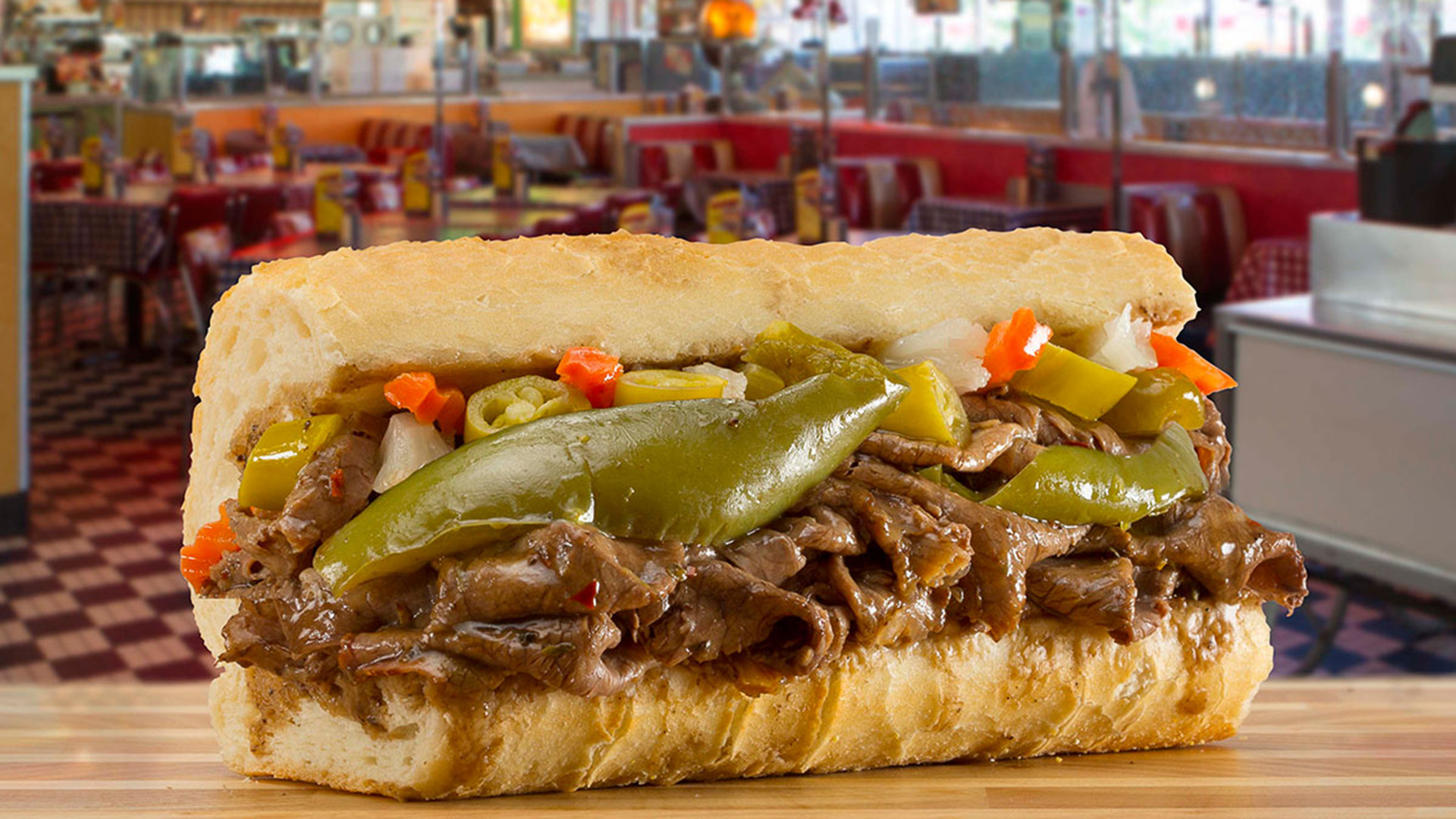A high-ranking Chicago police officer denied Tuesday that she sought only minimal charges in the case of an officer convicted of beating a bartender in 2007 in an attempt to "whitewash" the matter.
Chief Debra Kirby insisted that she conducted a thorough and serious investigation from the moment she learned of the beating involving officer Anthony Abbate.
"I wanted him charged with a felony," Kirby said.
But Kirby's testimony was contradicted by one of her own investigators. And at day's end, the city's own lawyer aggressively sparred with an Assistant Cook County State's Attorney over whether the case was serious enough to merit felony charges.
Kirby was head of the Chicago Police Department's Internal Affairs Division at the time of Anthony Abbate's 2007 attack on Karolina Obrycka at Jesse's Shortstop Inn on the city's northwest side.
She told jurors Tuesday that she always approached the case as a potential felony and never tried to minimize it.
Her testimony, however, was contradicted by the very next witness, one of her own investigators in the Internal Affairs. Sgt. Joseph Stehlik said that the first time he viewed the video of the attack with Kirby and another officer, it was quickly observed that Abbate was off-duty.
Local
"I said that looks like a simple battery," he said, adding that Kirby and the third officer agreed that a misdemeanor charge was all the incident merited, and conveyed that to prosecutors in a conference call that same day.
"And she said that from what we see it appeared to be simple battery?" Abbate attorney Terry Ekl questioned.
"Correct," answered Stehlik.
Indeed, Stehlik said he visited with Obrycka later that day and had her sign a complaint for misdemeanor simple battery and not the stiffer felony charge.
"And that, to me, shows absolutely an attempt at the highest levels of the Chicago Police Department to whitewash this case in order to protect this image of the Chicago Police Department," Ekl told reporters outside the courtroom.
But the testimony of the day's last witness suggested that the decision making process on the Abbate case was rife with conflict at every level and that someone was not telling the truth.
Cook County prosecutor Thomas Bilyk, the supposed recipient of the Kirby conference call, testified that there never was such a call. And he said he was "shocked" when he learned of the Internal Affairs decision to seek misdemeanor charges when the State's Attorney's investigation was still underway.
Matthew Hurd, the city's lead attorney, pressed Bilyk on the decision to eventually charge Abbate with a felony. Just hours after Kirby testified that it was always her intent to seek the more serious charges, Hurd seemed to suggest that the case hardly merited felony status. At one point, he directly challenged Bilyk on whether he had ever filed felony charges in such a case.
The suggestion to the jury was clear: that if police sought only minimal charges, it was because the incident was relatively minor. That could be a tough sell for jurors who have seen clips of the violent beating nearly every day of the trial.
The video of the attack went viral nationwide and became a major embarrassment for the Chicago Police Department. Indeed, Bilyk said his supervisor in the Special Prosecutions unit, Scott Cassidy, called him the morning the video became a sensation, screaming that he had "f****d up the case."
Obrycka testified Monday the beating was so violent that she feared she would never again see her son.
Abbate last week told the court he didn't remember the attack because he was drunk and told the court that he never implored officers to cover up the incident. He was convicted of aggravated battery in 2009 and sentenced to probation.
The current trial is a civil case against the city of Chicago and the Chicago Police Department.



